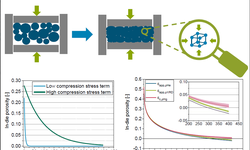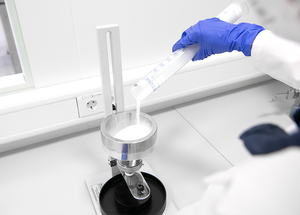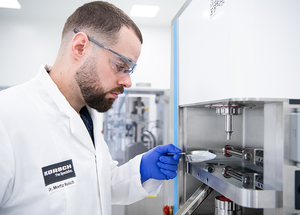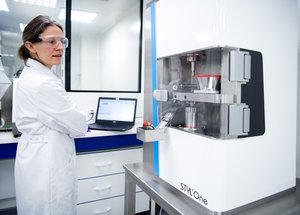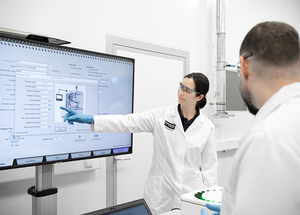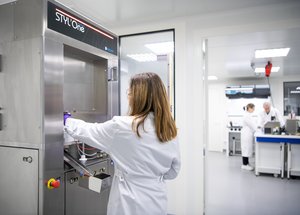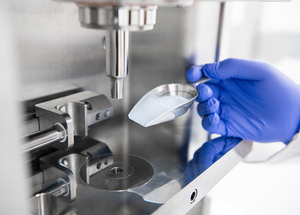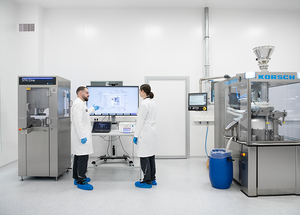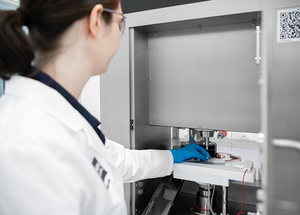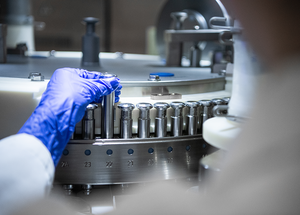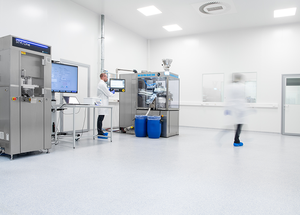Scientific papers
To ensure the administration of effective probiotic formulations, microorganisms must be carefully processed into suitable dosage forms, such as tablets, while maintaining their viability. Previous studies examined a process chain involving fluidized bed granulation for life-sustaining drying of Saccharomyces cerevisiae, followed by subsequent tablet production. Granules were produced using dicalcium phosphate (DCP), lactose (LAC), and microcrystalline cellulose (MCC) as carrier materials, then tableted and evaluated for their physical–mechanical and microbiological properties. These studies demonstrated that the choice of carrier material significantly influences both the physical–mechanical and microbiological characteristics of the resulting tablets. However, the role of added cell mass in this context had not yet been explored.
The present study addresses this gap by investigating how varying amounts of yeast cell loading onto the carriers affect both the mechanical properties of the tablets and microbial survival. Material-specific effects on compressibility, compactibility, and tabletability, as well as on cell viability, were identified and linked to distinct deformation mechanisms. Existing models describing physical–mechanical relationships were applied, adapted, and combined, yielding excellent correlations. In parallel, empirical models were developed to predict the survival of microorganisms during the tableting of granules with different loading levels.
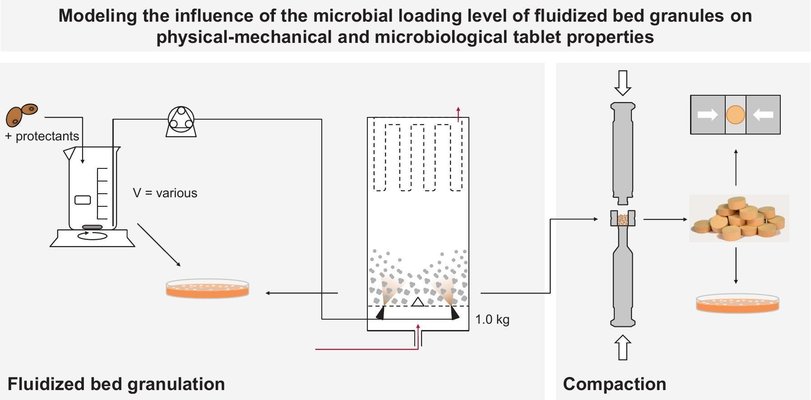
Comments
No comments posted yet.
Add a comment

